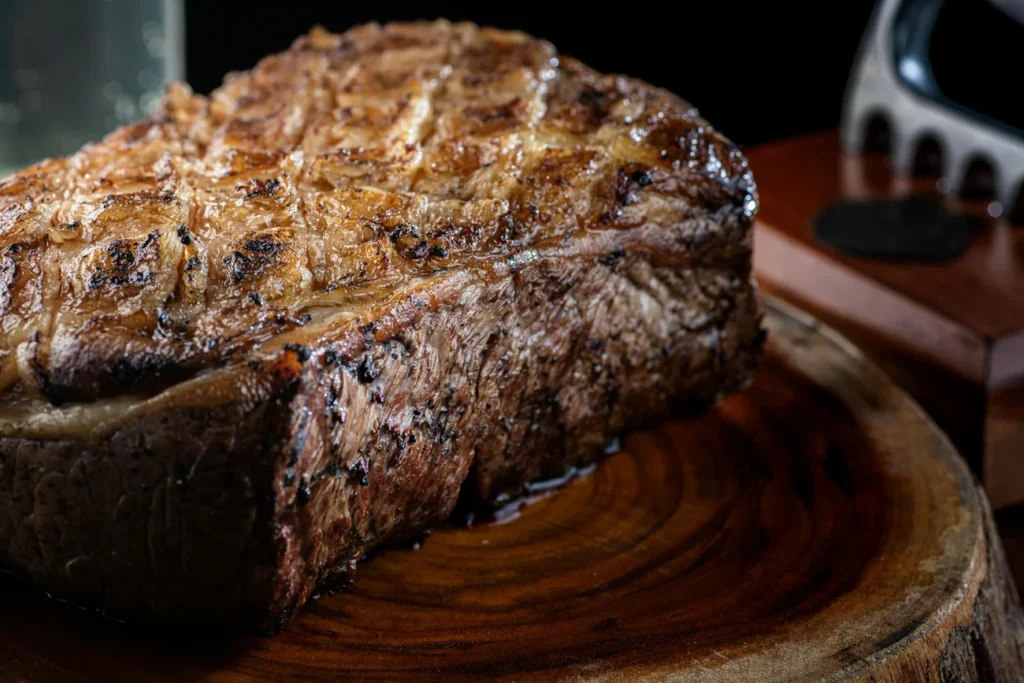Cholesterol is essential for producing hormones, vitamin D, and synthesizing cell membranes. However, elevated cholesterol levels can lead to serious heart and vascular diseases. Here’s a guide to foods high in cholesterol and how to approach them wisely.
Eggs
Eggs are packed with nutrients and high-quality protein. A large egg contains about 186 mg of cholesterol, mostly in the yolk. Research suggests that moderate egg consumption (up to 7 per week) does not significantly impact cholesterol levels for most people. While eggs are fine in moderation, it’s wise to limit their intake if you’re monitoring cholesterol.
Red Meat
Beef, pork, and lamb contain more saturated fats and cholesterol than chicken or fish. While you don’t need to eliminate red meat, opt for lean cuts and limit portions to maintain a healthy balance.
Dairy Products
Full-fat dairy items such as cream, cheese, and butter are rich in cholesterol and saturated fats. Low-fat or fat-free alternatives, like yogurt, cheese, and milk, allow you to enjoy dairy without added risks.
Liver and Organ Meats
Liver contains over 400 mg of cholesterol per 100 grams, making it one of the richest sources. While it’s a good source of vitamins, consume it sparingly.
Sesame Seeds
Though sesame seeds are rich in plant-based oils and healthy fats, they do contain a small amount of cholesterol. Moderate consumption is key.
Processed Meats
Sausages, hot dogs, and bacon are loaded with fats, cholesterol, and preservatives. Avoid these products or choose low-fat, low-cholesterol options when possible.
Fast Food
Burgers, fries, and other fast-food staples are high in cholesterol and unhealthy fats. Minimize intake and explore healthier, homemade alternatives.
Meatballs and Meatloaf
These popular dishes often contain high levels of fat and cholesterol. Use turkey or chicken instead of pork and beef, and incorporate more vegetables to lighten the recipe.
Shellfish
While some shellfish like krill and oysters contain high cholesterol, they’re also rich in omega-3 fatty acids. Moderate consumption can still benefit your heart health.
Coconut Oil
Though celebrated for its health benefits, coconut oil contains saturated fats that may raise cholesterol levels. Use sparingly and balance it with other healthy fats.
Butter
Traditional butter is a source of saturated fats and cholesterol. Opt for plant-based oils like olive or avocado oil for a healthier alternative.
Balanced Cholesterol Management
Maintaining a balanced diet is key to managing cholesterol levels. High-cholesterol foods can be part of a healthy diet if consumed mindfully.
- Opt for variety: Include a wide range of nutrient-dense foods.
- Choose lean alternatives: Whenever possible, opt for low-fat and nutrient-rich substitutes.
- Practice moderation: Even indulgent foods can fit into a healthy lifestyle if consumed occasionally and in small portions.
By prioritizing balance and making informed choices, you can enjoy your favorite foods while protecting your heart health.

